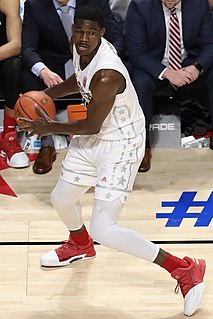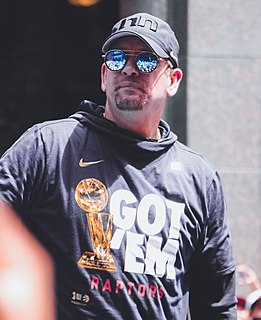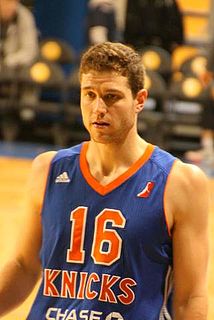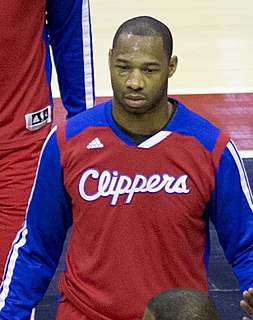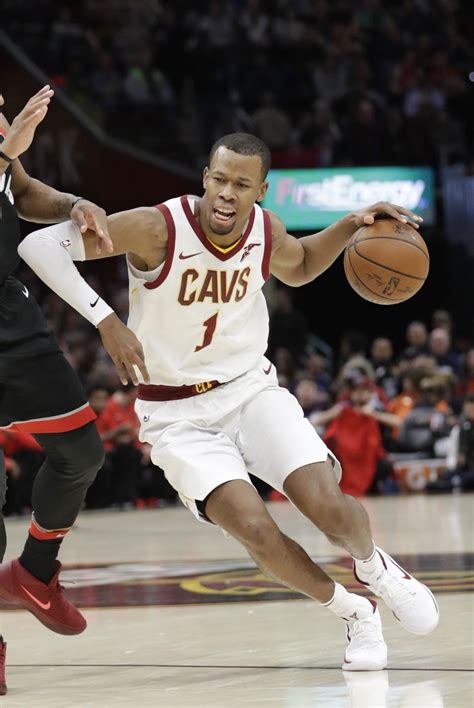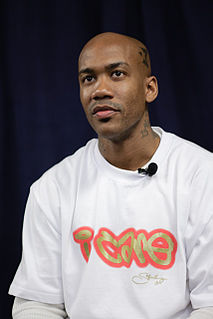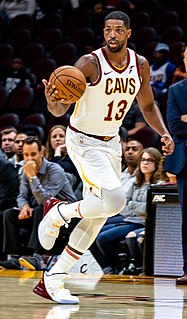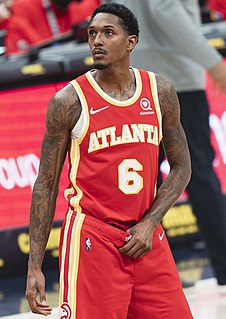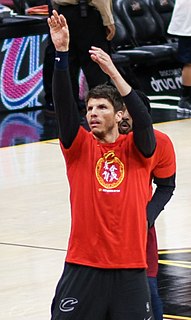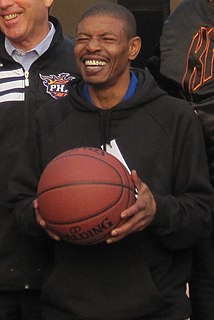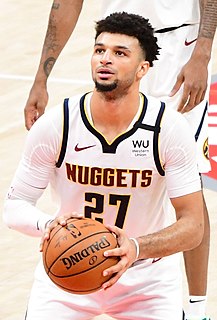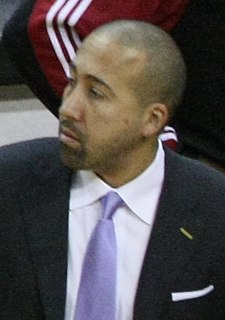A Quote by Deandre Ayton
I will dive on the floor for a loose ball. That's how I'm trained. I can guard a guard if I want to. That's just that price. I'm not gonna sit here and let you score on me. That's in my blood.
Related Quotes
Don't get me wrong - I love Jason Kidd. He's a great point guard (But) how am I comparing myself to him when I think I'm the best point guard to play basketball? That doesn't make any sense. I mean, how can I sit here and compare myself to somebody if I already think I'm the best?I'm telling you what it is: I know I'm the best point guard in the NBA. I don't need anybody else to tell me that. When I go on the basketball court, if I think about what you're all saying, I'll lose my mind.
The point guard thing was I had to figure out how to score when I'm hot, and how to distribute and make sure everybody is happy. Because I can be happy scoring the ball. But when everybody isn't touching the ball, and we're not making the defense move, it's kind of pointless. So, I've got to find a way to keep everybody in the loop.
The White House released documents it claims validates the president's (National Guard) service ... When deciphered the documents showed that in a one-year period, 1972 and 1973, Bush received credit for nine days of active National Guard service. The traditional term of service then and now for the National Guard is one weekend a month and two full weeks a year, meaning that Bush's nine-day stint qualifies him only for the National Guard's National Guard. That's the National Guard's National Guard, an Army of None.
